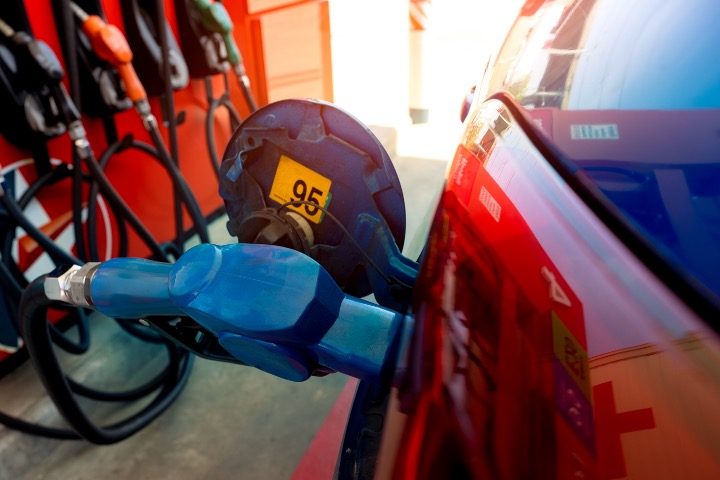
On Tuesday, the state of New Jersey announced a plan to ban the sale of new gasoline-powered automobiles by 2035. Governor Phil Murphy, a Democrat, made the announcement along with the state’s Department of Environmental Protection (DEP) Commissioner Shawn LaTourette. Murphy claims that the new state rule will help to alleviate so-called climate change.
With the announcement, the Garden State joins a growing number of states that are putting the climate cart in front of the fossil-fuel horse. California, Vermont, New York, Washington, Oregon, Massachusetts, Virginia, Rhode Island, Maryland, and Connecticut have created similar rules looking to ban efficient reliable vehicles in favor of more expensive and less reliable electric vehicles (EVs).
Restrictions on new gas-powered light-duty vehicles will begin in New Jersey in model year 2027 and ramp up to a complete ban on new vehicle sales by 2035. The new rule does not ban ownership of gas-powered vehicles, nor does it ban the sale of used cars that use fossil fuels.
“By filing the landmark Advanced Clean Cars II rule [which will be published in December], New Jersey builds upon its standing as a national leader in climate action and its participation in the global Accelerating to Zero commitment,” Murphy said. “The steps we take today to lower emissions will improve air quality and mitigate climate impacts for generations to come, all while increasing access to cleaner car choices.”
The ban isn’t actually a ban, Murphy claimed: “[The rule] does not ban gasoline cars, nor does it force consumers to buy EVs. Rather, the rule will provide certainty to vehicle manufacturers, suppliers, utilities, and charging infrastructure companies to make the long-term investments that will be crucial to large-scale deployment of light-duty ZEVs [zero-emission vehicles] and consumer choice.”
In other words, it’s not a ban on gas cars, it only forces manufacturers to stop producing them if they wish to sell cars in New Jersey.
“Cleaner cars and trucks mean cleaner air for our children and families, because the tailpipes of our own vehicles are a leading cause of poor local air quality,” LaTourette added.
Despite the governor’s lofty ambitions, some on the ground in New Jersey see problems ahead. Among them, the infrastructure to charge electric vehicles is not yet available. Currently, Garden State residents have trouble finding places to charge electric vehicles.
“We need to see electric vehicle charging stations as commonplace as 7-Elevens and Wawas,” said Doug O’Malley, director of Environment New Jersey. “You shouldn’t have to hunt to find an EV charging station.”
And, thus far at least, New Jersey consumers haven’t been keen to purchase EVs. “Governments can mandate and auto manufacturers can build, but none of these goals will be met if consumers don’t buy the vehicles,” said Jim Appleton of the New Jersey Coalition of Automotive Retailers (NJCAR).
Proponents of the ban on gas vehicles point to increasing registrations for EVs in 2023. Reportedly, 9.3 percent of new vehicle registrations in the first quarter of 2023 were for electric vehicles.
But if the vehicles are so good. Why aren’t sales even higher?
“Many are still put off by the high price,” Appleton said.
Prices for new electric vehicles start about in the low $40,000 range for base models, while base models for new gas-powered vehicles typically begin around $15,000. EVs with more accessories can easily top $100,000.
Not only do questions remain about the reliability of those expensive EVs, but some question the necessity of the gas-car ban.
“The ban won’t improve air quality or change the weather,” Steve Milloy of Junk Science posted on X. “It will just make driving more expensive and less convenient, and reduce your standard of living.”
X user Wake Up NJ warned of a coming domino effect on other industries and the public at large that the ban will lead to. “Imagine all the things affected by Murphy pushing for gas car ban….” The post mentioned auto dealerships, gas stations, oil change stations, current drivers, and future drivers as some who will be affected. “This will fundamentally affect us all and must be stopped.”
So much of so-called climate action is fueled by emotion and not common sense. In this case, Murphy wants to be seen as “doing something” regarding climate change. Unfortunately, in this case, he is “doing something” that is unnecessary and will likely result in economic chaos for New Jersey in the coming years.




